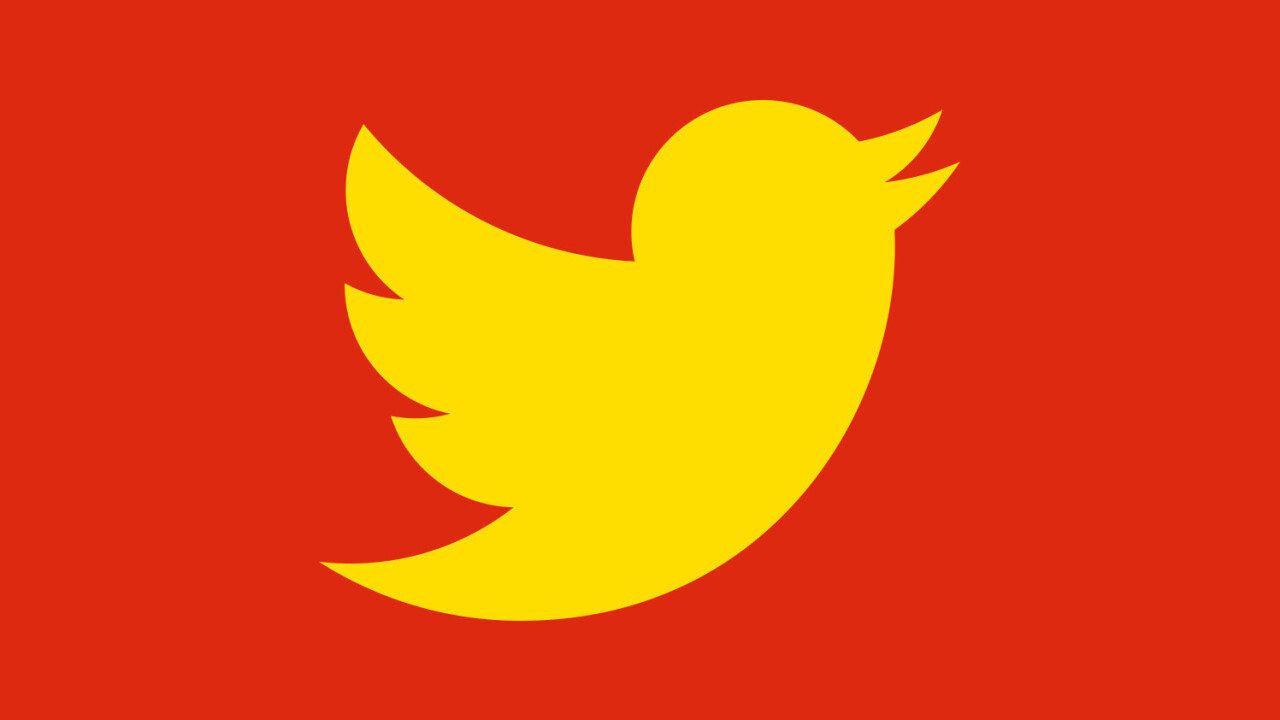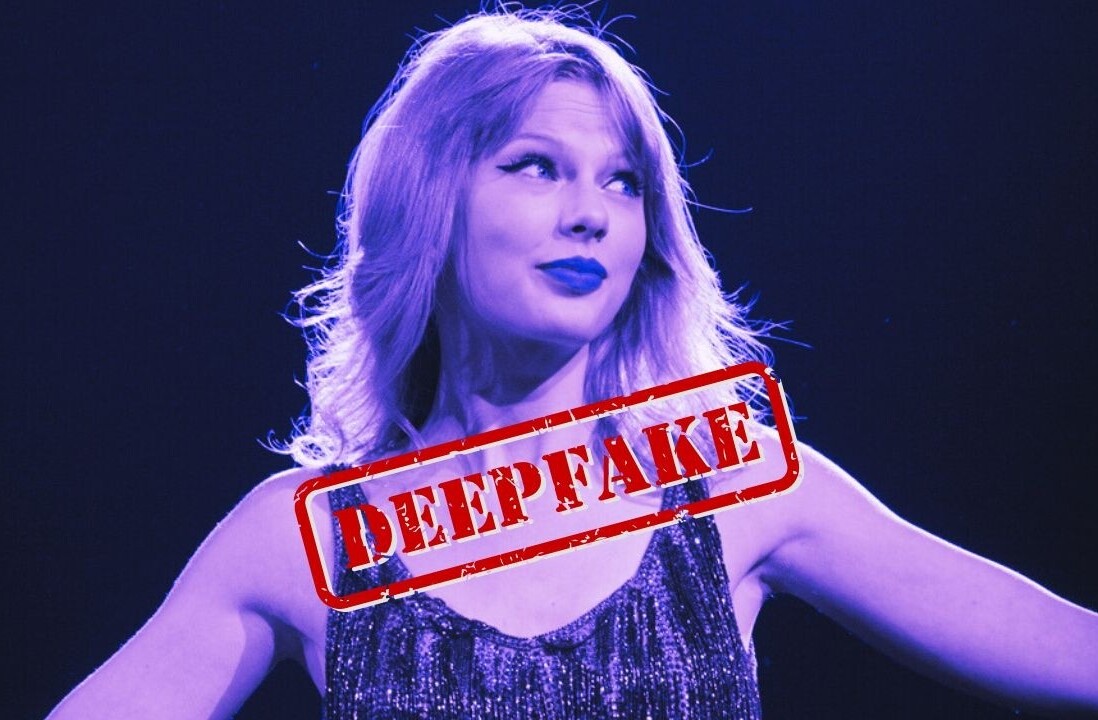
Twitter has caught itself in a propaganda war after it was found running ads from China’s state-backed media outlet Xinhua News attacking Hong Kong protesters.
The promoted tweets — which were captured on social bookmarking site Pinboard — delve into how the escalating violence in the territory has “taken a heavy toll on social order,” while some others were about Hong Kong citizens allegedly calling China is “our motherland.”
Xinhua News has also been running multiple ads on Facebook related to the unrest in Hong Kong — all starting August 18 or after — targeting countries like the US, China, India, and Mexico.
The recent wave of anti-government protests in Hong Kong were triggered by a bill (since suspended) that would allow people accused of crimes against mainland China to be extradited.
Every day I go out and see stuff with my own eyes, and then I go to report it on Twitter and see promoted tweets saying the opposite of what I saw. Twitter is taking money from Chinese propaganda outfits and running these promoted tweets against the top Hong Kong protest hashtags pic.twitter.com/6Wb0Km6GOb
— Pinboard (@Pinboard) August 17, 2019
While the former British colony enjoys a special status that grants people rights and freedom not seen in the mainland, the move has attracted criticism because of potential concerns that China is tightening its grip over the region.
In addition to undermining Hong Kong’s judicial independence, the proposal could also have been used to target civilians who speak out against the Chinese government.
But it’s been long established that China likes to keep a close watch on social networks, homegrown and elsewhere, in an attempt to stifle dissent. The New York Times reported earlier this year that the country has been cracking down on people who post criticism of the government on Twitter, even though the service is officially blocked inside its borders.
In June, Twitter apologized after it suspended hundreds of accounts that were critical of the Chinese government days before of the 30th anniversary of the Tiananmen Square massacre. The company said that the accounts “were not mass reported by the Chinese authorities.”
CCTV has yet to show a shot of the anti-police-violence march today. Instead it’s all five-star flags, calls for peace and misleading quotes about HK breaking away from China. Stuff just about everyone in China can get behind. Best quote: “I love China, I love HK.” Controversial! pic.twitter.com/6YxFjlyHN4
— Paul Mozur (@paulmozur) August 18, 2019
China’s efforts to weaponize social networks and shape political conversations on platforms regardless of its presence in the mainland became evident after it emerged the second-largest country for Facebook ad revenue after the US.
While one can understand that Twitter relies on advertising for revenues, profiting from disinformation by sending out anti-Hong Kong protest messages sets a wrong precedent.
For social media giants like Facebook and Twitter — which have come under scrutiny for their outsized influence on worldwide election processes — showing propaganda disguised as ads further risks eroding trust among people, especially when the services are trying their best to establish as the go-to place for news.
If anything, the pervasive attempts to disrupt and discredit the movement makes it evident that China is not above trying to extend its reach beyond the Great Firewall to silence criticism globally.
Update on Aug. 20, 2019 9:15 AM IST: Twitter and Facebook have removed a number of accounts from their respective platforms to block what they described as a state-backed information operation originating from China.
Twitter said it removed 936 accounts that were “deliberately and specifically attempting to sow political discord in Hong Kong,” adding “we will not accept advertising from state-controlled news media entities.”
Facebook, acting on a tip from Twitter, removed seven pages, three groups and five accounts involved in coordinated inauthentic behavior targeting the autonomous territory.
China’s Foreign Ministry spokesman Geng Shuang, however, defended the campaign, stating “the accounts were not the work of government disinformation teams but Chinese students and others living overseas who ‘of course have the right to express their point of view.'”
Get the TNW newsletter
Get the most important tech news in your inbox each week.




